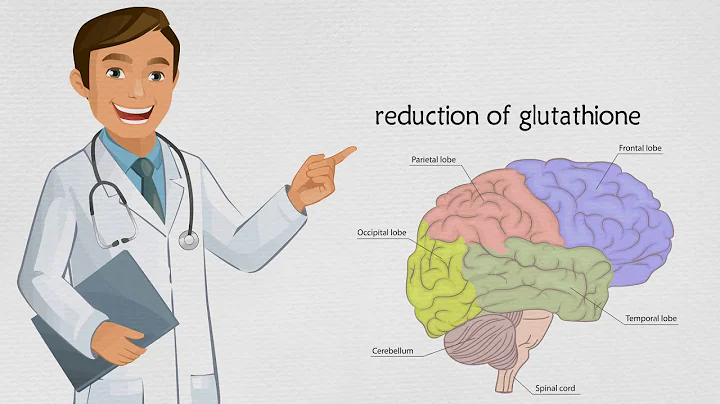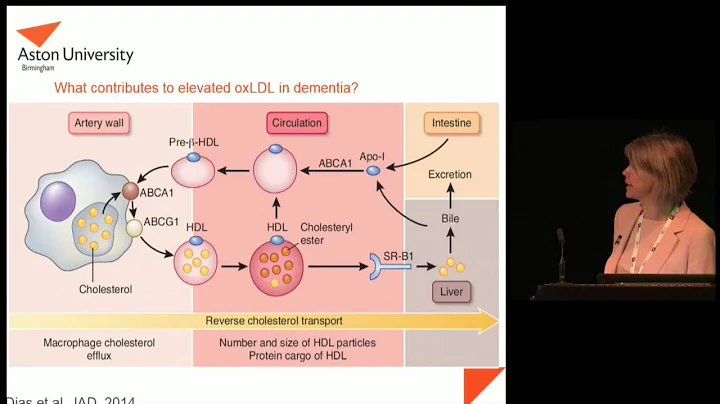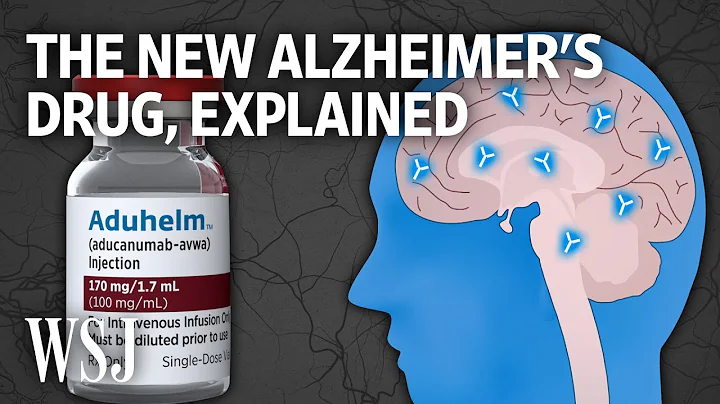

This article is original to the Translational Medicine Network. Please indicate the source for reprinting.
Author: Ashley
Introduction: Recent research has improved the ability of proteins to repair oxidative damage to DNA and created a new protein function. Their innovative technology could lead to improved drugs against diseases involving oxidative stress, such as cancer, Alzheimer's disease and lung disease, but the researchers believe it has much greater potential.
Researchers at Sweden's Karolinska Institute and SciLifeLab describe how they improve protein repair in a study "Small-molecule activation of OGG1 increases oxidative DNA damage repair by gaining a new function" published in "Science" The ability to oxidatively damage DNA and create a new protein function. Their innovative technology could lead to improved drugs for diseases involving oxidative stress, such as cancer, Alzheimer's and lung disease, but the researchers believe it has much greater potential.

https://www.science.org/doi/10.1126/science.abf8980
Drug development has long been based on finding specific disease-causing proteins and creating treatments that involve blocking these proteins in various ways. However, many diseases are caused by loss or decline of protein function that cannot be directly targeted using inhibitors.
In the current study, researchers from Karolinska Institutet improved the function of a protein called OGG1, an enzyme that repairs oxidative damage to DNA and is associated with aging and diseases such as Alzheimer's disease and cancer. , obesity, cardiovascular disease, autoimmune diseases and lung diseases, etc.
To conduct their research, the team used a method called organocatalysis, a tool developed by Benjamin List and David W.C. MacMillan, who won the 2021 Nobel Prize in Chemistry. The method is based on the discovery that the small organic molecule , , can act as a catalyst, inducing chemical reactions without itself being part of the final product.
The researchers examined how this type of catalyst molecule, which had been previously described by others, binds to OGG1 and affects its function in cells. One of the molecules, (TH10785) , proved to be effective.
is 10 times more effective
Study lead author Maurice Michel, Assistant Professor at the Department of Oncology-Pathology at Karolinska Institute Ten times more efficient and able to perform a new repair function, the "
catalyst allows the enzyme to cleave DNA in an unusual way, making it no longer require its regular protein APE1 to work, but instead a different one. A protein called PNKP1.
The researchers believe that 's OGG1 protein modified in this way could lead to new drugs for diseases related to oxidative damage. However, Professor Thomas Helleday from the Department of Oncology-Pathology at Karolinska Institutet also sees wider applications, with the concept of adding a small catalyst molecule to a protein also being used to improve and alter other proteins.
Thomas Helleday said: " We believe this technology can inspire a paradigm shift in the pharmaceutical industry, whereby new protein functions are generated that are not inhibited by inhibitors. But the technology is not limited to pharmaceuticals. These applications are almost Unlimited.”
Reference:
https://phys.org/news/2022-06-protein-function-drug-concept.
Note: This article is intended to introduce medical research progress and cannot be used as a reference for treatment options. If you need health guidance, please go to a regular hospital.

Recommendations · Events
June 29, 15:00-17:30 Shanghai
After the epidemic, the opportunities and challenges of the in vitro diagnostic industry symposium
July 28, 09:00-17:30 Beijing
The 3rd Single Cell Sequencing Technology Application Forum
August 18-19, 09:00-17:30 Chongqing
The First Southwest Single Cell Omics Technology Application Forum
September 15-16, 09:00-17:30 Shanghai
The 3rd Yangtze River Delta In Vitro Diagnostic Industry Forum
October 09:00-17:30 from 14th to 16th Shanghai

The 4th Shanghai International Cancer Conference
Scan the QR code to participate in
for free




















